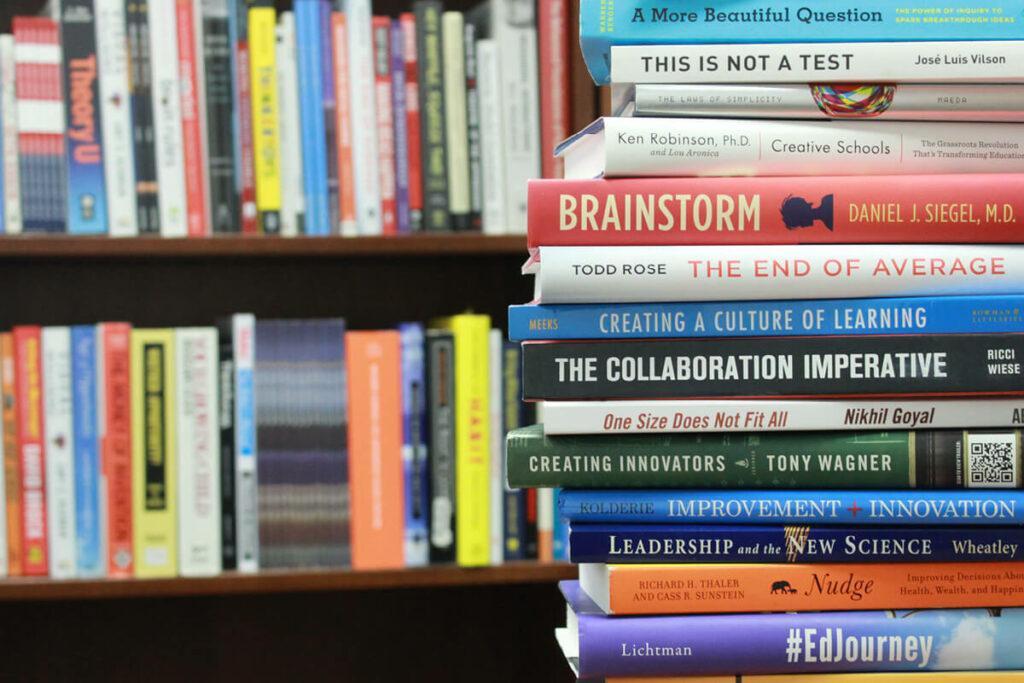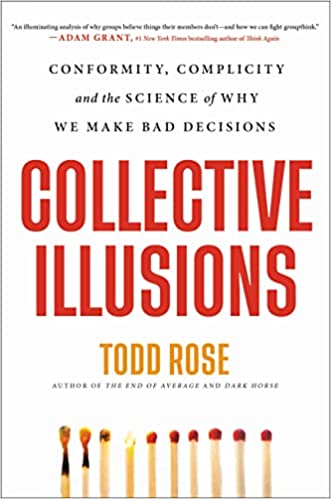
Collective Illusions: Conformity, Complicity, and the Science of Why We Make Bad Decisions
Todd Rose
What are the most commonly used words amongst learner-centered leaders? If we had to wager a guess, “relationships” and “community” would make the top ten (if not top five) list. This is because we know how significant building a sense of belonging and connectedness is for a child’s learning and well-being. We are social creatures and learning itself is a social endeavor. In Collective Illusions, author of best-sellers The End of Average and Dark Horse, Todd Rose, explores the implications of our socially oriented brains, in particular the ways in which our need for belonging can inhibit our expression of who we are uniquely (and what to do about that). This book is for anyone seeking to build communities of learning in which individual and collective identities are mutually cultivated.
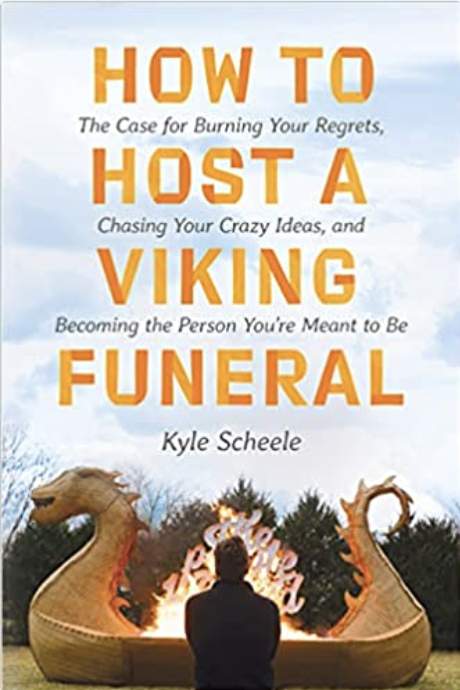
How to Host a Viking Funeral: The Case for Burning Your Regrets, Chasing Your Crazy Ideas, and Becoming the Person You’re Meant to Be
Kyle Scheele
In education transformation, there is so much possibility, joy, and potential on the horizon. But, as we move to invent something new—a system that centers learning, equity, and humanity—we can’t simply forget about what has been or pretend it didn’t exist. There is letting go to do; we often talk about it as “unlearning.” Unlearning how we think education looks, how we think learning happens, and what we think success is. Personally and professionally, this unlearning can be painful—whether it challenges who we think we are or brings up times when we were made to feel less than. This is where How to Host a Viking Funeral comes in. A story of getting to a space of renewal, author Kyle Scheele provides some guideposts on what it takes to “[let] go of the pain of the past and [embrace] the future with hope.”
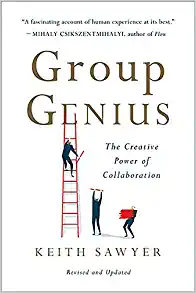
Group Genius: The Creative Power of Collaboration
Keith Sawyer
When does creativity flourish? Or maybe we should ask, when do we assume creativity flourishes? Reflecting on her transition to a learner-centered program, Iowa BIG alum Grace Kiboko pinpointed the current education system’s answer to this question: “In conventional schools…they tell you that you don’t need to work in groups because you’re smart enough to be successful in isolation. And, for most of my educational experience, I felt like…I didn’t need to be collaborative because my own brain power was enough.” In Keith Sawyer’s Group Genius, he upends this assumption completely, contending that creativity only happens in collaboration (even when we think we are creating alone). Read on to learn more about how to create spaces and opportunities for meaningful, rewarding creativity for your young people and yourself.
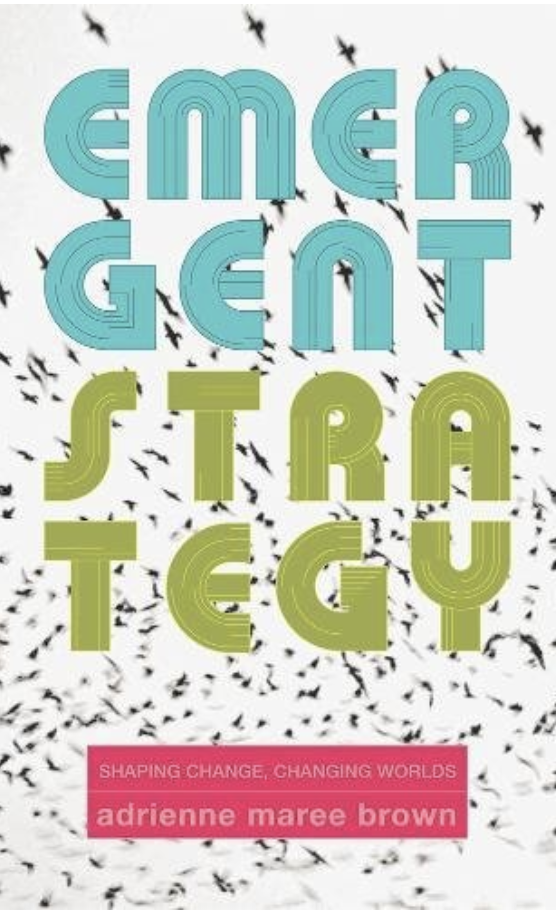
Emergent Strategy: Shaping Change, Changing Worlds
adrienne maree brown
In the last two plus years, the ideas that we must be ready for the unexpected and that we are living in a world of exponential change have taken on entirely new meanings—societally and in education. It can feel like there is nothing but uncertainty, change, and the unforeseen to deal with. Is there a more positive way to look at this? Although it was published in 2017 (long before remote learning, social distancing, or COVID-19 had become part of our daily vocabulary), adrienne maree brown’s Emergent Strategy offers an outlook that might help. “[This] book invites us to feel, map, assess, and learn from the swirling patterns around us in order to better understand and influence them as they happen.”
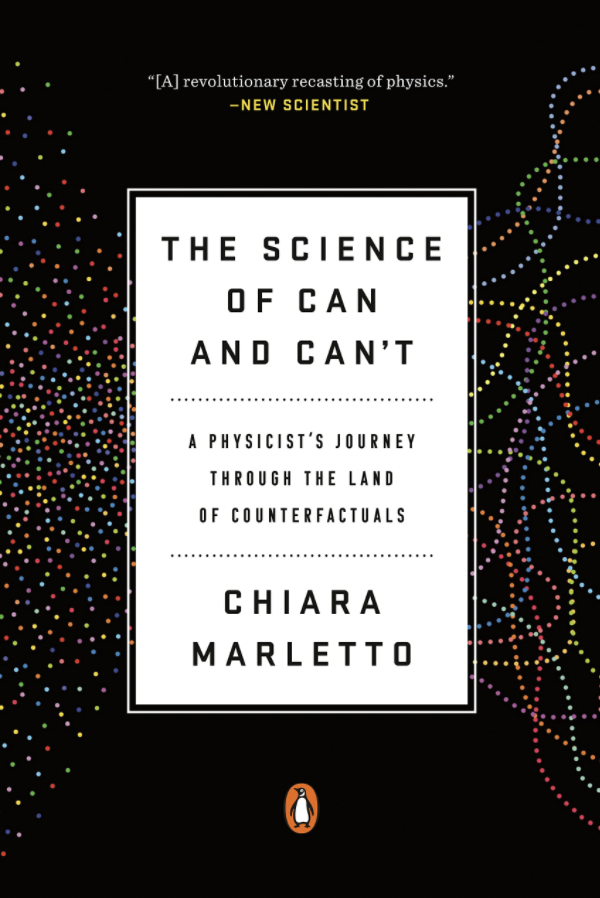
The Science of Can and Can’t: A Physicist’s Journey through the Land of Counterfactuals
Chiara Marletto
We sometimes talk about learner-centered and school-centered education as being akin to Newtonian and quantum physics. Two different paradigms, two entirely different ways of seeing…just about everything. Well, we can keep going with the physics analogies. In The Science of Can and Can’t, Chiara Marletto delves into the idea and implications of counterfactuals: “facts not about what is (the actual) but about what could be (counterfactuals).” Integrating the notion of counterfactuals into scientific inquiry brings an entirely new approach to contending with some of our biggest technological challenges (e.g. designing AIs), just as learner-centered brings an entirely new approach to addressing some of the most complicated challenges we face in education. Whether you come with a physics background or a simple curiosity about a new way to look at the world, this book has something to offer.
